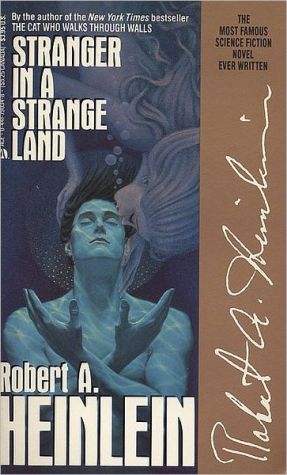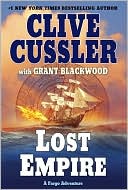Stranger in a Strange Land
An enormous number of readers have found this book a brilliant mind-bender. . . .[the book is] a wonderfully humanizing artifact for those who can enjoy thinking about the place of human beings not at a dinner table but in the universe.
Search in google:
In the 1960s, the first science-fiction title to appear on The New York Times Book Review 's best-seller list. Valentine Michael Smith is the stranger. A young human, reared by Martians on Mars, he is brought to Earth where he must adapt not only to the planet's social injustices and its population's foibles, but to its strong gravitational field and rich atmosphere.Gale ResearchStranger in a Strange Land was, David N. Samuelson wrote inCritical Encounters: Writers and Themes in Science Fiction, "in some ways emblematic of the Sixties. . . . It fit the iconoclastic mood of the time, attacking human folly under several guises, especially in the person or persons of the Establishment: government, the military, organized religion. By many of its readers, too, it was taken to advocate a religion of love, and of incalculable power, which could revolutionize human affairs and bring about an apocalyptic change, presumably for the better." Robert Scholes and Eric S. Rabkin wrote in their Science Fiction: History, Science, Vision that "the values of the sixties could hardly have found a more congenial expression."
\ Gale ResearchStranger in a Strange Land was, David N. Samuelson wrote inCritical Encounters: Writers and Themes in Science Fiction, "in some ways emblematic of the Sixties. . . . It fit the iconoclastic mood of the time, attacking human folly under several guises, especially in the person or persons of the Establishment: government, the military, organized religion. By many of its readers, too, it was taken to advocate a religion of love, and of incalculable power, which could revolutionize human affairs and bring about an apocalyptic change, presumably for the better." Robert Scholes and Eric S. Rabkin wrote in their Science Fiction: History, Science, Vision that "the values of the sixties could hardly have found a more congenial expression."\ \








